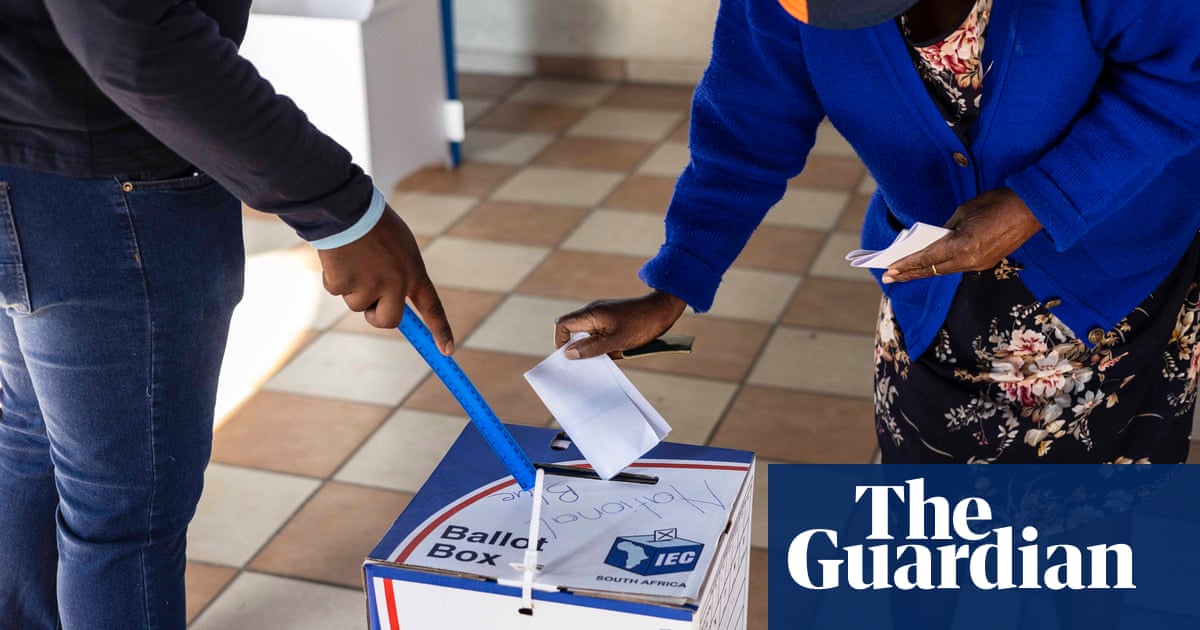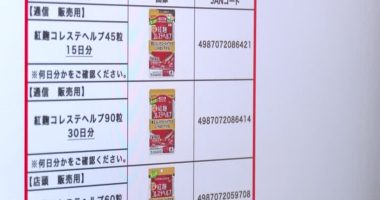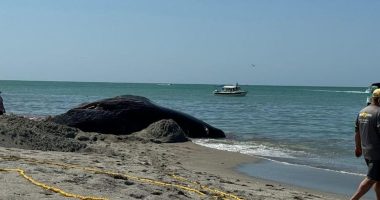
In the heart of Soweto, at the president’s home voting station, support for the African National Congress (ANC) was everywhere as South Africa went to the polls, with many voters wearing the party’s bright yellow and speaking of their families’ generational loyalty to the movement that fought to end apartheid.
However, even here, there were voters who had turned against the ANC, as it risked losing its majority in national elections on Wednesday for the first time since Nelson Mandela led it to power in South Africa’s first fully democratic vote in 1994.
“If you see our streets, we don’t have houses; we don’t have electricity; we don’t have jobs, so I don’t like that party any more,” said Nancy Baloyi, a 48-year-old former cinema worker, who lost her job during the Covid-19 pandemic.
She said she would vote for the Democratic Alliance, the largest opposition party, brushing off criticisms many other black voters have made that it only represents the interests of white people (which the party itself denies).
“I just need change. That’s it,” said Baloyi, as she queued outside to vote on the cold, clear morning.
Polls have consistently shown the ANC on less than half of the national vote, down from 57.5% in the last national ballot in 2019, and having secured only 45.6% in the 2021 municipal elections. The party’s support has been battered by chronically high unemployment, corruption scandals and power cuts.
However, polls have often underestimated the ANC vote as a result of surveying fewer of the rural voters who form the bedrock of its support. Some analysts have said that the possibility of a slim ANC majority cannot be discounted, owing to its freedom-fighting history, unmatched organisational power and the benefits of incumbency.
South Africa’s president, Cyril Ramaphosa, told journalists after he cast his vote at Hitekani primary school, close to where he grew up: “I have no doubt whatsoever, in my heart of hearts, that the people will once again invest confidence in the African National Congress to continue to lead this country.”
This is a great day for democracy in South Africa. Today we vote for the stability and the extension of our democracy.
Today South Africa decides on the future of our country and I have no doubt that once again the people will invest their confidence and give the mandate to the… pic.twitter.com/6RUhQxaPlr
— Cyril Ramaphosa 🇿🇦 (@CyrilRamaphosa) May 29, 2024
"}}” config=”{"renderingTarget":"Web","darkModeAvailable":false,"inAdvertisingPartnerABTest":false,"assetOrigin":"https://assets.guim.co.uk/"}”>
This is a great day for democracy in South Africa. Today we vote for the stability and the extension of our democracy.
Today South Africa decides on the future of our country and I have no doubt that once again the people will invest their confidence and give the mandate to the… pic.twitter.com/6RUhQxaPlr
— Cyril Ramaphosa 🇿🇦 (@CyrilRamaphosa) May 29, 2024
Sibusiso Dube, who carried a small ANC flag, adding that he lived down the street from Ramaphosa, said: “My mother was supporting the ANC; my father, my granny, my great granny, they’ve all been supporting the ANC. I grew up with the ANC, so I’m continuing with it.”
Dube, 33, who is unemployed and lives off a 370-rand (£16) monthly government grant, also cited the lack of planned power cuts, known as load-shedding, as a reason for his support. There has been no load-shedding for two months, the longest period for more than two years.
While some voters expressed openness to the idea of the ANC, which is expected to remain the largest party by some distance, potentially entering into a coalition with smaller parties, others were less supportive.
“I don’t want rotten potatoes spoiling the whole thing,” said Regina Mgnumi, 46, a government register-office clerk, after voting at a school in Atteridgeville, a township on Pretoria’s western fringes.
Mgnumi said she had voted for the Economic Freedom Fighters, a Marxist-inspired party founded by the former ANC youth leader Julius Malema, and did not want them to join an ANC-led coalition government. “They will corrupt the EFF, the ANC.”
Read More: World News | Entertainment News | Celeb News
Guardian






